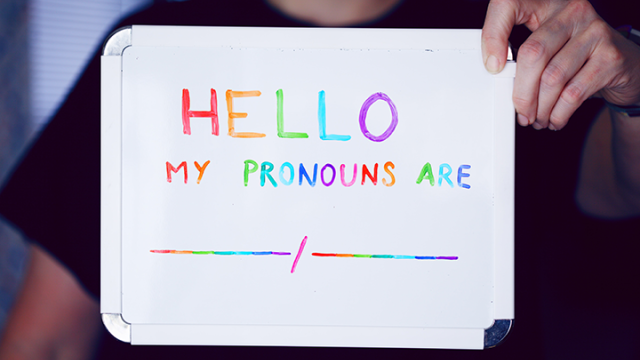INSIGHT
The History of LGBTQ+ Rights in Ireland & What That Means for Business Travel

It’s easy to forget that so much has changed in such a short time.
It was in 1993 that homosexuality was decriminalised in Ireland, 10 years after the country's first Pride parade in March 1983.
It was another 17 years, in 2010, that laws were passed allowing same-sex civil partnerships and broadly the same rights and obligations for married couples. However, the law did not change in regards to children and maintenance, custody, adoption etc. It wasn't until 2021 that the first same-sex couple in Ireland had both their names registered on the official birth certificates of their twin girls.
It was less than 10 years ago in 2015 that the Irish nation voted on legalisation for same-sex marriage. Ireland voted 62% in favour; the first country in the world to make same-sex marriage legal by popular vote.
2015 was also the year that the Gender Recognition Act was passed, meaning a person could apply for a certificate to have their preferred gender recognised by the State. Once they have this certification, a person can apply for a gender neutral passport.
What does all this mean for corporate travel? Firstly, it should remind us that the fight for protection and empowerment of LGBTQ+ people is far from over, and that even with all of these landmark decisions and policies, there are still efforts to isolate and discriminate against the LGBTQ+ population.
Let’s take a look at some travel focused statistics.
LGBTQ+ Traveller Statistics
- LGBTQ+ travellers make up 7-10% of the travel industry, amounting to about $1 billion in the United States alone (CMI, 2020-2021).
- 32% of LGBTQ+ travellers feel they are treated differently due to their sexuality while on holiday (Virgin Holidays, 2016).
- 82% of LGBTQ+ travellers consider a destination’s laws before travelling for their holiday (OutOfOffice.com and Attitude, 2021)
- ...and three quarters ruled out destinations where homosexuality is illegal. (OutOfOffice.com and Attitude, 2021)
What’s next for LGBTQ+ business travel
LGBTQ+ citizens around the world are still nervous about travel, despite an urge to do so. It is vital for the success and inclusivity of corporate travel programmes to include LGBTQ+ views and concerns in business travel policies and procedures. Consider starting an employee resources group, surveying employees anonymously, or appointing a head of DEI to focus a lens on LGBTQ+ needs. To make a change, we’ll all need to work together.

